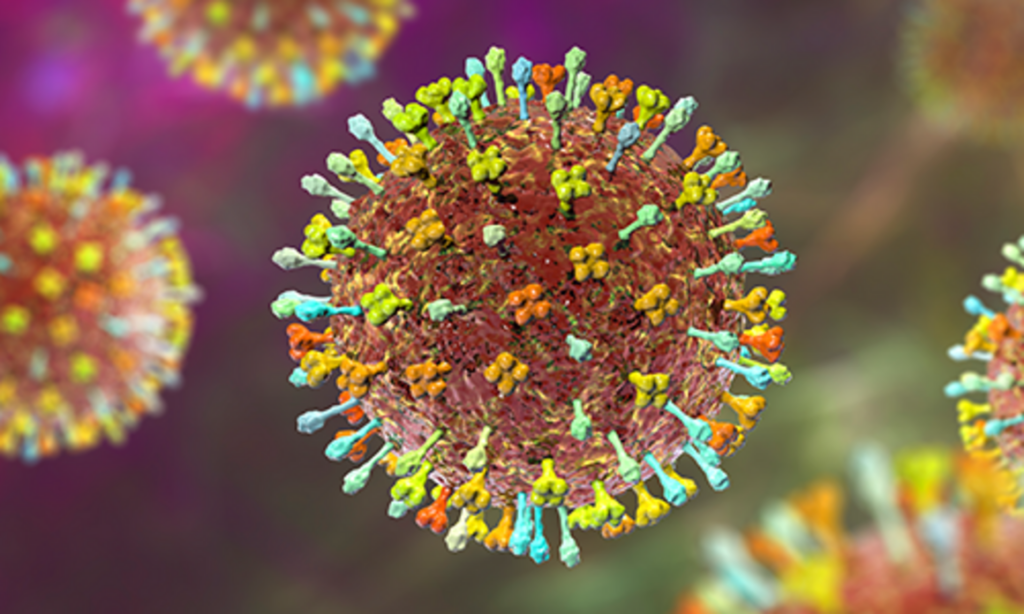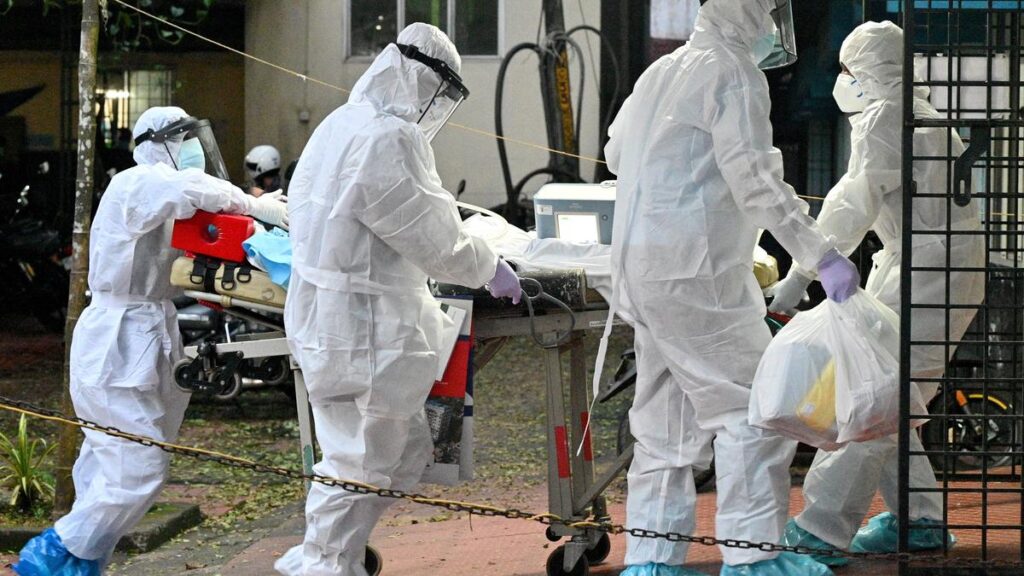Nipah Virus: Should UK Teens & Young Adults Be Worried?
Think deadly viruses are just for movies? Quite not anymore! A virus called Nipah has been making headlines lately, especially in India. It’s a nasty one, causing severe illness and even death in some cases. But hold up, don’t panic just yet! Here in the UK, we’re safe from this faraway threat. Let’s break it down so you know what’s going on around the globe!
What is Nipah Virus?
Imagine a virus as sneaky as a ninja. It hides out in fruit bats but can jump to humans. It can even spread between us like wildfire. That’s Nipah, a real-life villain that doesn’t discriminate, infecting anyone in its path. Its symptoms are diverse. They range from a simple fever, which makes you feel bad, to terrifying brain swelling. But before you start panicking, take a deep breath, it has not reached UK yet. There is no magic cure. But, doctors have treatments to help people recover, especially if they catch it early. So, while Nipah is a severe threat, it’s not unbeatable.

Nipah’s Global Vacation and Why is the UK Off the list?
This virus loves a tropical getaway. It’s caused outbreaks in places like Bangladesh, India, and Malaysia, where people have more contact with bats and certain foods that the virus likes to ride on. The recent outbreak in India is a reminder that Nipah is still a severe problem in some parts of the world. But don’t worry. The UK’s climate and lifestyle make it a pretty unappealing destination for this virus.
Alarm Bells in Kerala, India!
A recent Nipah outbreak in Kerala, India, has sent shockwaves through the region. Sadly, a young boy lost his life to the virus, and dozens more are under close watch. This outbreak is a stark reminder that Nipah, while not currently a threat in the UK, remains a real danger in other parts of the world. It highlights the importance of global health security and how interconnected we are. While we may feel safe in the UK, events like this remind us that outbreaks anywhere can have ripple effects everywhere. The situation in Kerala also underscores the importance of early detection, rapid response, and robust healthcare systems. By learning from such incidents, we can better prepare ourselves and ensure we’re ready to face any health challenges that may come our way.
UK Status might be Chill But we should be Aware!
There are no Nipah cases in the UK, and we’re unlikely to get any. We don’t have the same types of bats here, and our food safety standards are top-notch. But that doesn’t mean we can completely ignore it. Remember, we live in a connected world, and what happens elsewhere can sometimes reach our shores.

Do you have Travel Plans? Then, Pack Your Smarts, Not Just Your Suitcase
If you’re jetting off to South Asia or other places where Nipah hangs out, here’s the things you need to remember:
- Food Safety First: Avoid raw date palm sap (the virus loves it) and wash all raw material thoroughly.
- Hygiene Habits: Wash your hands often, especially after being around animals or sick people.
- Animal Encounters: Stay away from bats and pigs as much as possible.
These are just common sense tips, but they’re essential in places where Nipah is risky. Remember, a little prevention goes a long way.
We’re All in This Together
Nipah isn’t just about one virus in faraway places. It’s a reminder that our health is connected to the planet’s health. Climate change and deforestation can push animals closer to humans, making it easier for viruses to jump from them to us. So, even though we’re safe in the UK, it’s good to be aware of what’s happening in other parts of the world. Scientists are working hard on treatments and vaccines, so hope is on the horizon!
Stay Smart and don’t be Scared
Knowledge is power, especially when it comes to health. So, now you know about the Nipah virus and why it’s not a massive concern in the UK. But remember, it’s always good to stay informed and follow the advice of health experts, especially if you’re planning a trip to a place where Nipah is present.
So, share this information with your friends and family, and let’s be smart about protecting ourselves and our planet. After all, we’re all in this together!




Leave a Reply
You must be logged in to post a comment.